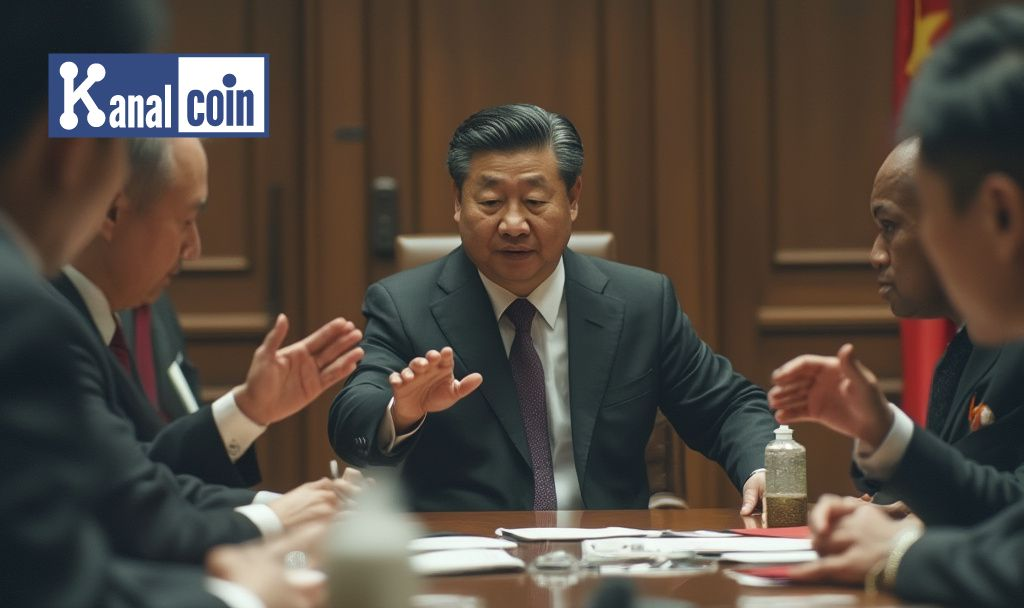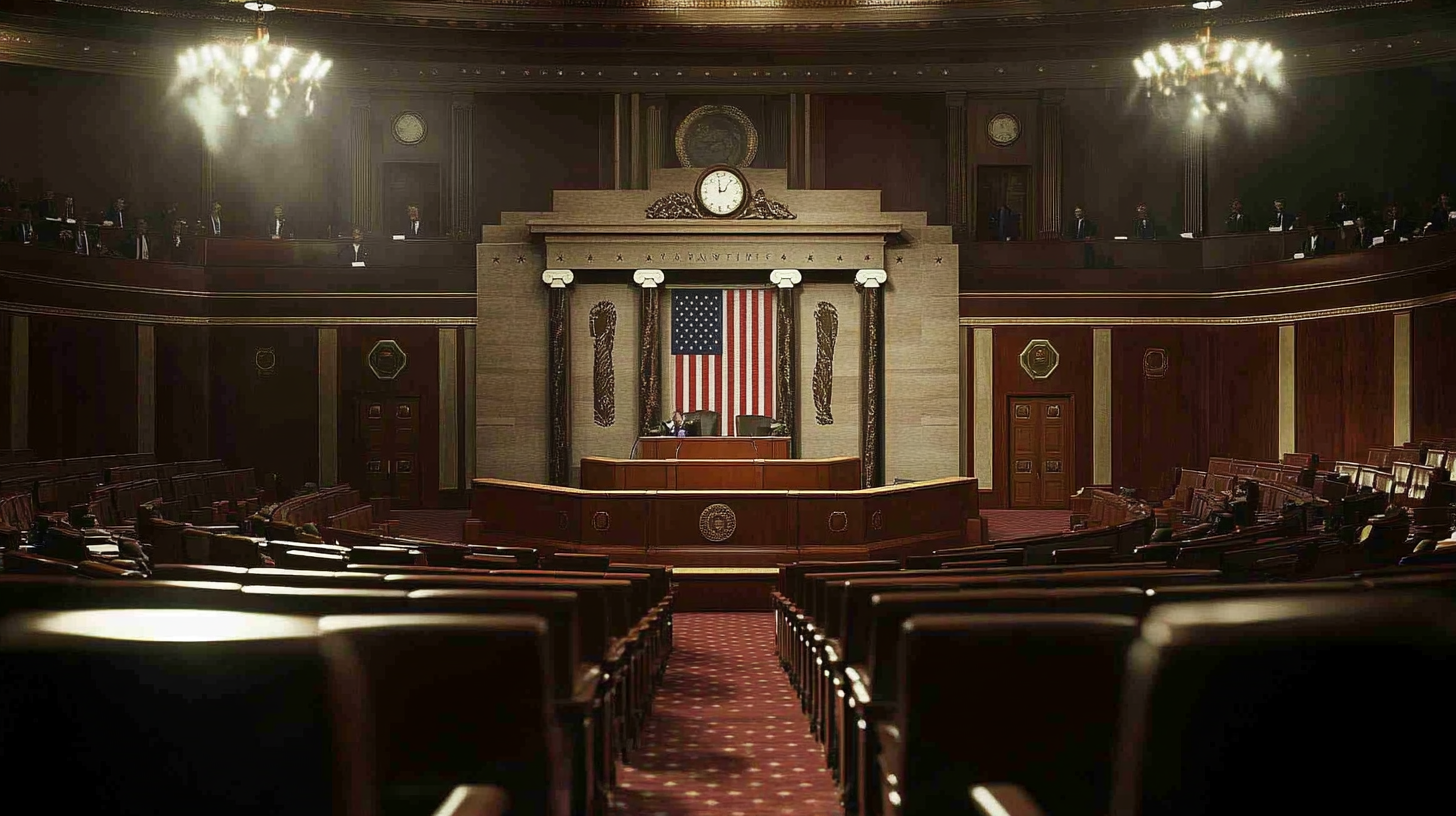
China’s Commerce Ministry criticized President Trump’s high tariffs as “a joke” during ongoing trade discussions on October 15, 2023, aiming to address escalating economic tensions.
The remarks underscore the strained economic relationship between the U.S. and China, potentially affecting global markets and causing uncertainty for investors and businesses involved in international trade.
China Slams Tariffs Amid Trade Negotiations
Over recent months, the U.S. has imposed increasing tariffs on Chinese imports, citing unfair trade practices. The Chinese Commerce Ministry responded strongly, labeling these measures as “a joke” amid ongoing negotiations to resolve trade disputes.
“The high U.S. tariffs are a joke and emblematic of irresponsible economic policy.” – China’s Commerce Ministry, Official Spokesperson
The call for fairer trade practices has escalated into significant tension between the two countries. China’s strong response highlights its intent to regain negotiation leverage and address perceived unfair treatment in these trade arrangements.
Financial Markets React to Chinese Criticism
The comments from China have intensified discussions among international trade bodies. Concerns over potential escalation in economic conflict are evident, as investors and businesses monitor how these developments may alter the global trading atmosphere.
China’s bold statements are influencing financial markets, raising doubts over potential resolutions. Analysts indicate that future negotiations could shape vital economic outcomes, affecting supply chains, tariffs, and cross-border investments globally.
2018 Parallels in U.S.-China Trade Tensions
Historically, U.S.-China trade relations have faced similar scrutiny, notably in 2018 with comparable economic standoffs. Such tensions have previously led to adjustments in international market strategies and regulatory shifts.
Experts from Kanalcoin suggest that the ongoing disputes may cause shifts in global economic trends, similar to past trade disagreements. They argue that trade negotiations will need innovative solutions to resolve these evolving challenges effectively.









